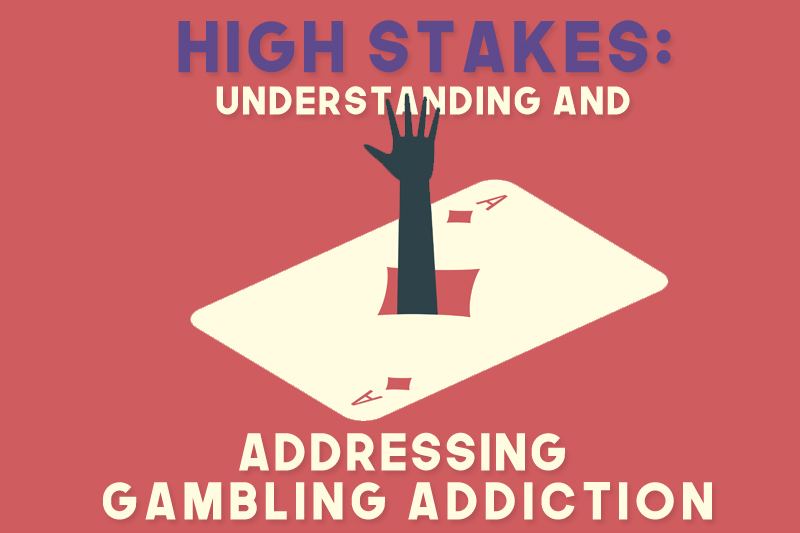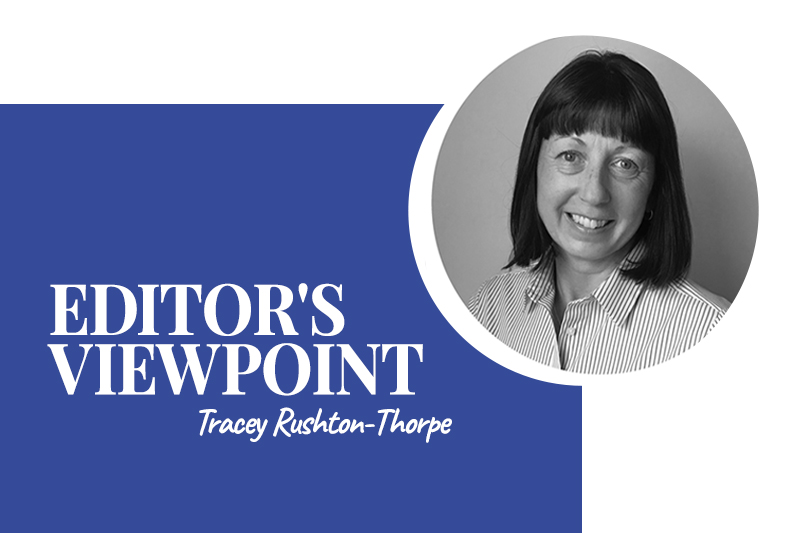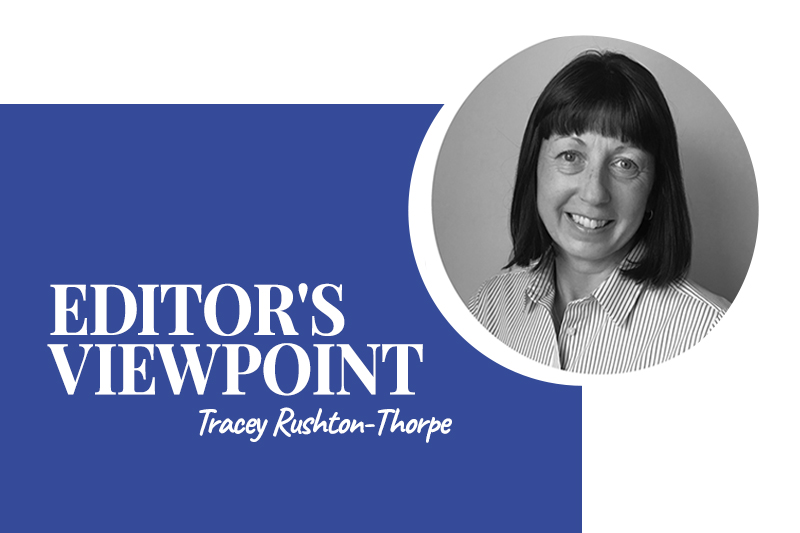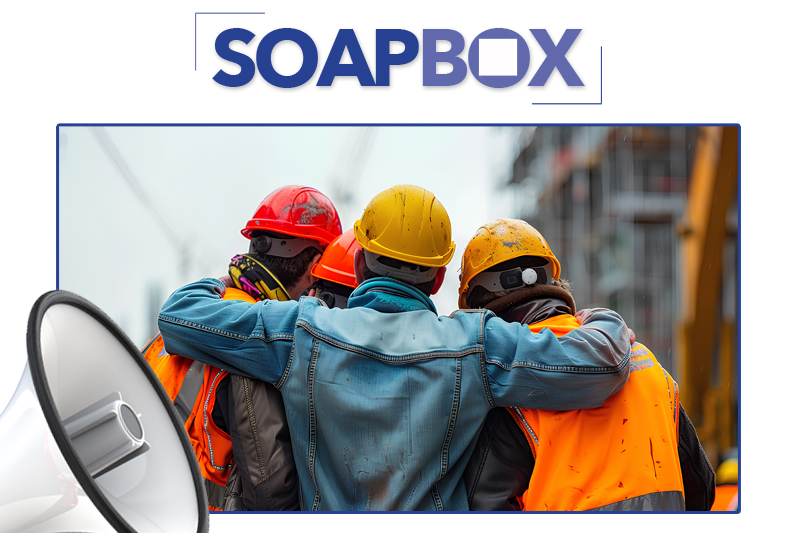In the high-pressure environment of the electrical industry, where precision and constant attention to detail are the norms, it’s not uncommon for professionals to seek outlets for stress relief.
However, when these outlets take the form of gambling, what starts as a harmless diversion can swiftly turn into an addiction, posing significant risks to personal and professional wellbeing.
Gambling addiction, also known as compulsive gambling or gambling disorder, is an impulse-control disorder. It’s characterised by an uncontrollable urge to keep gambling despite the toll it begins to take. Unlike other addictive behaviours, gambling addiction often goes undetected and can be a challenge to recognise. Gambling can be accessed almost anywhere and most importantly, it isn’t illegal – which means that a high volume of those who engage in frequent gambling, are unable to identify it as an unhealthy habit.
For electrical industry professionals, the precision and risk management skills honed on the job can misleadingly boost confidence in gambling activities. The illusion of control in games of chance, combined with the high-stress nature of the industry, can make individuals more susceptible to gambling addiction.
Signs of gambling addiction
- Spending more money or time on gambling than one can afford
- Becoming secretive with the use of gambling platforms
- Struggling to control or stop gambling
- Neglecting work, family, or personal responsibilities
- Borrowing money or selling possessions to gamble
- Feeling restless or irritable when trying to cut down on gambling
Gambling addiction doesn’t just affect the individual; it has a wider impact, often including family members, friends and colleagues. In our industry, safety is paramount. Excessive gambling is just one factor that can cause stress and act as a distraction which may lead to critical errors on the job.
Seeking help
It can be difficult to know where to turn if gambling is negatively impacting you or someone that you care about. It is important to remember that there is always help and support available. As an employer, if you have concerns about colleagues and excessive gambling, please consider the following:
Professional Support: Sensitively encourage employees to seek help from professionals specialising in gambling addiction.
Peer Support: Create a support system within the workplace where colleagues can share experiences and offer support.
Awareness and Education: Offering regular workshops on the risks of gambling addiction and how to recognise the signs can be invaluable.
Support
Gambling addiction, often called the ‘hidden illness’, can strain relationships, and deeply affect those surrounding the person who is gambling. Unlike some substance addictions, symptoms are less visible, but there are indicators to watch for:
- Increased irritability, anger, or restlessness.
- Secretive behaviour when using online applications/gambling platforms
- Being preoccupied with gambling
- Financial signals such as money problems, or taking out loans
- Deceitfulness
- Changes in sleeping patterns due to mental health, such as heightened anxiety, depression, or sleep disorders like insomnia.
Approaching Treatment
- Acknowledging the need for help is the first critical step.
- Explore treatment options, understanding the underlying causes of the addiction. This might include therapy, either individually or group based.
- The Electrical Industries Charity can guide you to appropriate resources and support groups, offering a network of assistance tailored to those in the electrical and energy industries.
- Tackling gambling addiction in the electrical industry requires a proactive approach. By understanding the unique pressures of the industry, recognising the signs of addiction, and offering appropriate support, we can create a safer, more supportive work environment for all.
Charities and support groups
Help is available from the National Gambling Helpline (run by GamCare) – call 0808 8020 133 for free information, support and counselling. Other resources include GambleAware, GamLearn, Gamblers Anonymous and the Citizens Advice Bureau.
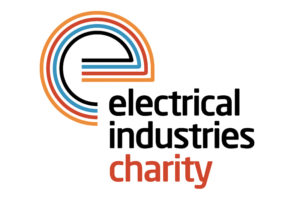
For more information, click here

